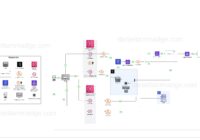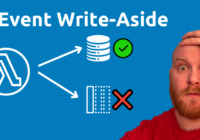Why are asynchronous Event-driven microservices complex compared?
An example of the additional complexities which event-driven architecture brings. In this example, I use a combination of Apache Kafka (AWS MKS), Oracle, and Amazon Data Migration Service (AWA DMS) to change an existing synchronous request-driven microservice to a asynchronous event-driven solution.


